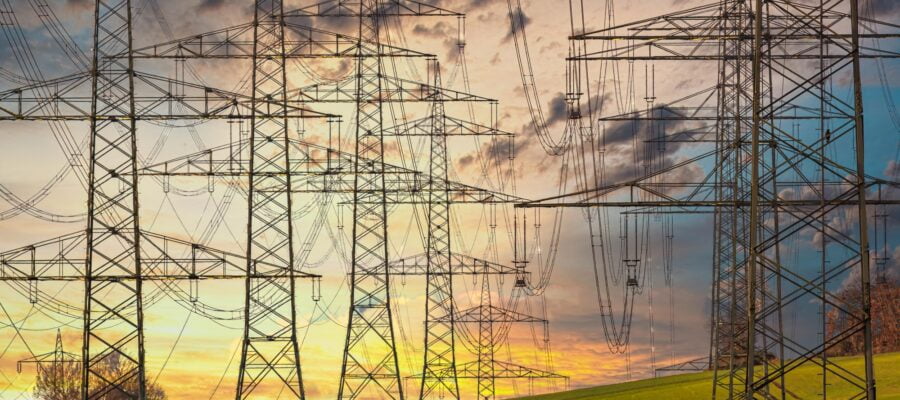Content
Your electricity bill is getting higher. So here are some tips to avoid overconsumption.
How to reduce your electricity bill
Unplug standby devices
A plugged-in phone charger, even if it is not charging a device, continues to consume electricity unnecessarily. The same goes for the many electrical objects in our homes that are on standby: television, DVD player, game consoles, computers, connected speakers…
Program the devices that are not used at night
The wifi that continues to transmit all night long… The same goes for the box, the TV decoder, the NAS. If you don’t use them, use a programmable electric plug that costs a few euros.
Replace your light bulbs with LEDs
LED lamps consume little electricity and last a long time (up to 40,000 hours), which compensates for their purchase price.
Install dimmers instead of switches.
Why run your light bulbs at full power if you can settle for 50% less light? It’s simple and will save you 50%.
Move closer to the windows
Place sofas, desks near windows and take advantage of natural light as long as possible.
Turn off lights when leaving a room.
Choose light colors to decorate your interior (walls, floors, lampshades…) because they reflect light better while dark colors absorb it.
Put the washing machine and the dishwasher in ‘eco’ mode
The ‘Eco’ program saves water and energy even if the cycle time is longer. The soaking time and the washing time are longer but the water is heated less. Heating the water consumes the most electricity.
Cook with the right reflexes
A few simple and common sense gestures can help you save energy in the kitchen: cover the pots and pans during cooking, reduce the power as soon as the water boils, use pots and pans that are slightly larger than the cooking plates, use pressure cookers (faster and more efficient), use the rotating heat of your oven (if it offers this option)…
Optimize the use of your oven
Don’t preheat your oven and turn it off a little before cooking.
Use natural defrosting
Instead of thawing a frozen product in the oven or microwave, place it in the refrigerator well in advance. It will defrost more slowly but will help maintain the cold in the refrigerator. A double saving in electricity consumption!
Defrost your refrigerator and freezer
Frost quickly leads to excess electricity consumption that is easy to avoid. Before placing food in the freezer, cover it in (biodegradable) bags or boxes. This will limit condensation and produce much less frost.
Keep your fridge doors closed
To begin with, always close your refrigerator and freezer doors as soon as possible. Opening the doors for too long increases the energy consumption of your appliances by 7%.
Set the temperature of your fridge
There’s no need to set your fridge to the minimum. Take the temperature inside and set it so that the thermometer reads 4 degrees. Set the temperature of your fridge to save energy
Set the temperature of the electric hot water tank.
Program the temperature between 50 ℃ and 55 ℃, this is enough to limit the growth of pathogenic bacteria, and it limits the consumption of electricity needed to heat the water.
Insulate the pipes and hot water tank.
By wrapping the hot water tank and pipes with insulation, you avoid heat loss. Insulation is especially necessary if the hot water tank is installed in an unheated area (garage, basement, etc.) and the water points are far from the hot water tank.
Block cold air intakes
Close chimney inserts and doors leading to unheated rooms (basement, cellar, storeroom, etc.). If necessary, seal doors leading to the outside or to unheated rooms with door sweeps.
Lower the heating when you are away
There is no need to heat the rooms to the same temperature as if you were there. When you are away for the day, lower the temperature in your home by a few degrees. If you are going to be away for a few days, remember to turn your heating system off.
Use certain appliances as little as possible
These are energy-consuming appliances, so the less you use them, the better. Iron, kettle, hair dryer…
